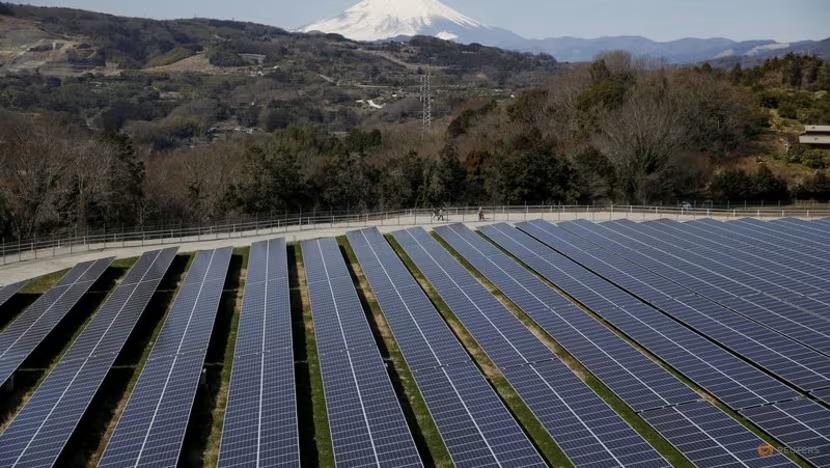Japan's Ambitious Renewable Energy Targets
Japan is set to significantly increase its renewable energy usage, aiming for renewable sources to account for up to 50% of its electricity mix by the fiscal year 2040. This ambitious goal is outlined in a draft of the revised basic energy policy, reflecting the nation's commitment to a cleaner energy future amidst rising power demands.

As the world's second-largest importer of liquefied natural gas and a major consumer of Middle Eastern oil, Japan's energy strategies are closely watched by global oil, gas, and coal producers. The draft policy also envisions a reduction in thermal power usage, particularly from inefficient coal-fired power plants, to between 30% and 40% by 2040, down from 68.6% in 2023.
The policy draft emphasizes the necessity of utilizing LNG-fired power as a transitional measure, urging both the government and private sector to secure long-term LNG contracts to mitigate risks such as price hikes and supply disruptions. By 2040, Japan targets nuclear power to contribute another 20% to its energy mix, in line with its 2030 target of 20-22%, despite the challenges faced by the industry post-Fukushima.
The updated energy plan removes the previous target of "reducing reliance on nuclear power as much as possible" and includes plans for innovative next-generation reactors. This shift in focus from decarbonization to energy security, driven by heightened geopolitical risks, assumes an increase in electricity demand of 12-22% from 2023 levels. All targets remain provisional, with a final version of the plan set to be submitted to the United Nations in February.









Comments